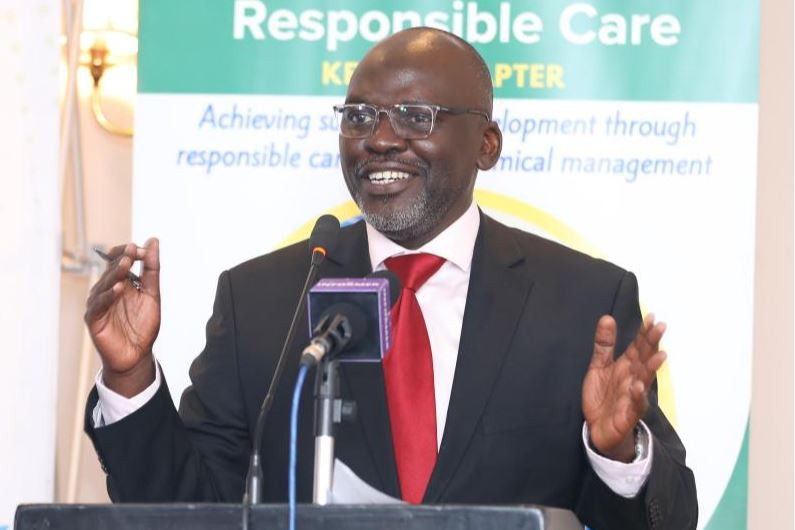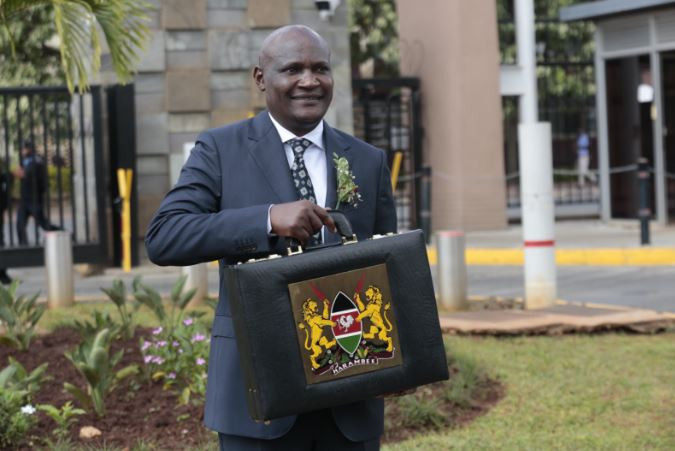Experts have expressed deep concerns over provisions in the Finance Bill, 2025, that could negatively impact businesses and cash flow in the economy.
Key among these is the reclassification of products from zero-rated to tax-exempt, the increase in excise duty on imported packaging materials from outside the East African Community, the removal of the 15 per cent corporate tax incentive for local assemblers of motor vehicles, and granting Kenya Revenue Authority access to trade secrets and personal data for integration into the electronic tax management system.
They note that the government’s spending plan for the upcoming financial year includes no incentives aimed at improving the living standards of Kenyans, even as the government steers clear of direct taxation.
“The move to make products tax-exempt will increase their cost. And as long as Kenya does not have a mechanism to claim refunds on inputs, products will remain expensive,” said Kenya Association of Manufacturers (KAM) Chief Executive Officer Tobias Alando, ahead of the Budget Statement reading last Thursday.
He said that, with the addition of excise duty, Kenyans would be more inclined to import plastic packaging materials, consequently exporting jobs out of the country.
Alando said that manufacturers object to taxing companies that produce locally, stressing the need to strike a balance between trading and manufacturing, given the sector’s declining growth.
“Taxing inputs and raw materials is not helping the growth of the manufacturing sector,” he said, noting that the sector employs 369,000 people directly
According to Alando, the cost of duty payable for local manufacturing runs to almost 60 per cent. When compared to imported finished goods, local production becomes significantly more expensive.
He added that duties imposed on the manufacturing sector should be reconsidered by the State.
“This proposal is likely to cripple the manufacturing sector and encourage importation,” Alando remarked, suggesting that policy makers may be unaware of the consequences of their decisions.
Currently, Kenya is largely an import-driven economy, and despite efforts to promote local production, tax measures imposed on manufacturers continue to stifle investment.
Additionally, manufacturers have stated that the government’s proposed revenue mobilisation measures are short-term and may result in company closures due to policy decisions.
Industry stakeholders argue that revenue mobilisation efforts should attract investment, not force businesses to shut down. They say they hope their concerns will be taken into account to foster sector growth and create more jobs in manufacturing.
Even so, KAM projects that the manufacturing sector aims to employ more people and attract additional investment.
“In our quarter three barometer, 60 per cent of manufacturers were holding their investments while awaiting policy decisions in the Finance Bill,” said Alando.
According to the Federation of Kenya Employers (FKE), extending the tax refund timelines — increasing the period from 90 days to 120 days, and potentially up to 180 days if an audit is required — is a regressive move that could severely strain business cash flows.
The Federation has criticised the proposal to delete the provision in the Income Tax Act that allows for the carrying forward of losses. According to FKE, this proposal is unfair to employers as it contradicts the principle of taxing net gains and penalises genuine economic losses.
“This may discourage investment, distort taxpayers’ financial positions, and create unfairness by taxing profits while ignoring related losses, ultimately harming economic efficiency.”
FKE also warns that the proposal to remove the 15 per cent tax incentive for real estate developers who construct at least 100 residential units annually is likely to deter investment in the real estate sector.
Moreover, imposing value added tax on goods intended for the direct and exclusive use in constructing and equipping specialised hospitals would significantly increase the cost of developing such critical infrastructure, potentially discouraging investment.
FKE Executive Director Jacqueline Mugo said the current taxation policy is not business-friendly.
“The perception is that we are heavily taxed, yet the quality of public service delivery does not reflect this burden. Payroll taxation is leaving employees vulnerable, contributing to the rise of the working poor individuals who are employed but still struggle to meet basic needs,” said Mugo.
Patrick Muinde, an economist, told The Standard that the National Treasury appears to alter tax policies annually, complicating long-term planning for businesses.
“When you are in an environment where taxes change every year, you cannot project how they will behave over the next five years.
‘‘The lack of predictability makes the business environment quite toxic,” Muinde said. By Esther Dianah, The Standard







